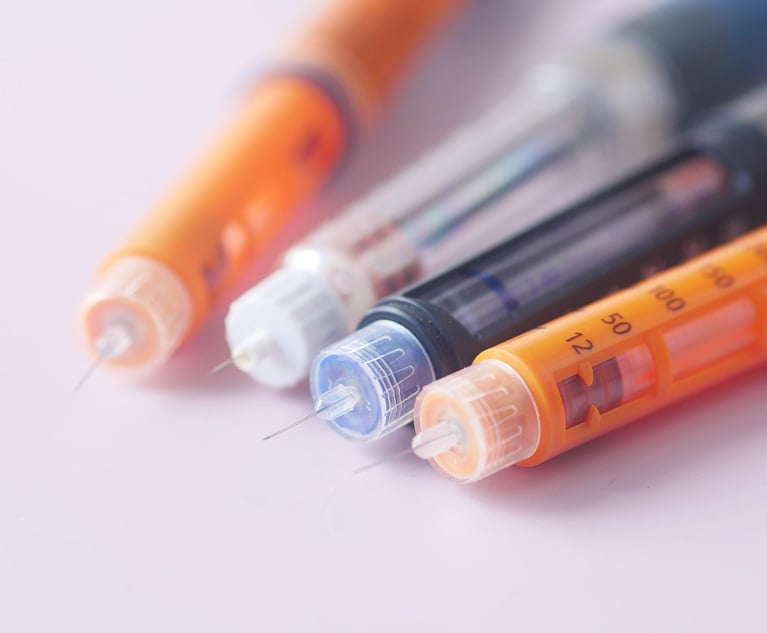In Pathri v Kakarlamath, decided by the Appellate Division on Jan. 23, Plaintiff commenced a matrimonial action in New Jersey before moving back to India. He couldn’t obtain a visa to travel here for trial, but the Family Part denied his application to appear and testify from India by video transmission. The Appellate Division granted leave to appeal and remanded for reconsideration and further proceedings consistent with factors the court identified.
The Appellate Division noted that precedent precluded testimony by telephone in a 1988 opinion in which the proffered witness was not identified or referred to in discovery before trial and there was no basis to evaluate his credibility. See Aqua Marine Products, Inc., v Pathe Computer Control Systems Corp., 229 NJ Super. 264 (App. Div 1988) which the Supreme Court discussed positively in State v Santos, 210 NJ 129 (2012). Aqua Marine limited such testimony to “special situations in which there is either exigency or consent and in which the witness‘ identity and credentials are known qualities.” The Pathri court noted the advances in technology and communications since Aqua Marine was decided, and that Rules addressed video testimony in other types of proceedings and did not “directly prohibit remote testimony by telephone” in civil cases. The Federal Rules of Civil Procedure now permit them “[f]or good cause in compelling circumstances and with appropriate safeguard[s].” In remanding for reconsideration of the issue, the Appellate Division referred to seven factors, among others to be considered, including “the witness’ importance to the proceeding,” the difficulty (and reasons) for the witnesses inability to appear, whether the inability was “foreseeable or preventable,” the comparative costs of providing the testimony in person or by video, the impact of adjournment to provide the testimony in person, and whether the fact finder is judge or jury. Achieving justice in a matter fair to all parties is the polestar. The court further noted that video could be set up so the witness might be better observed than from the bench or jury box for purposes of evaluating credibility during the proceedings.


 Getty Images/iStockphoto
Getty Images/iStockphoto




